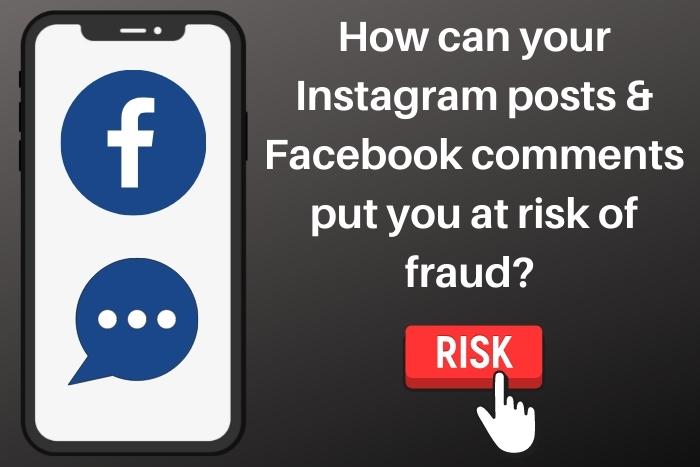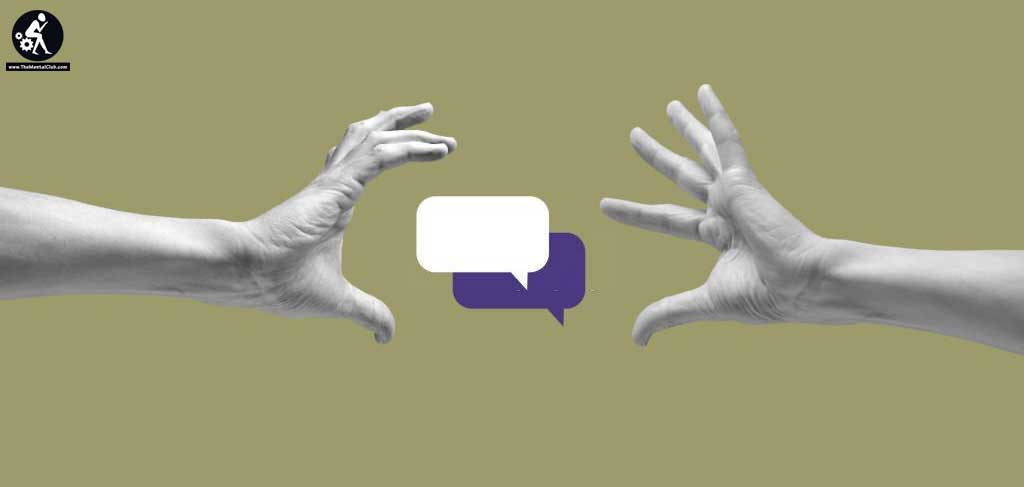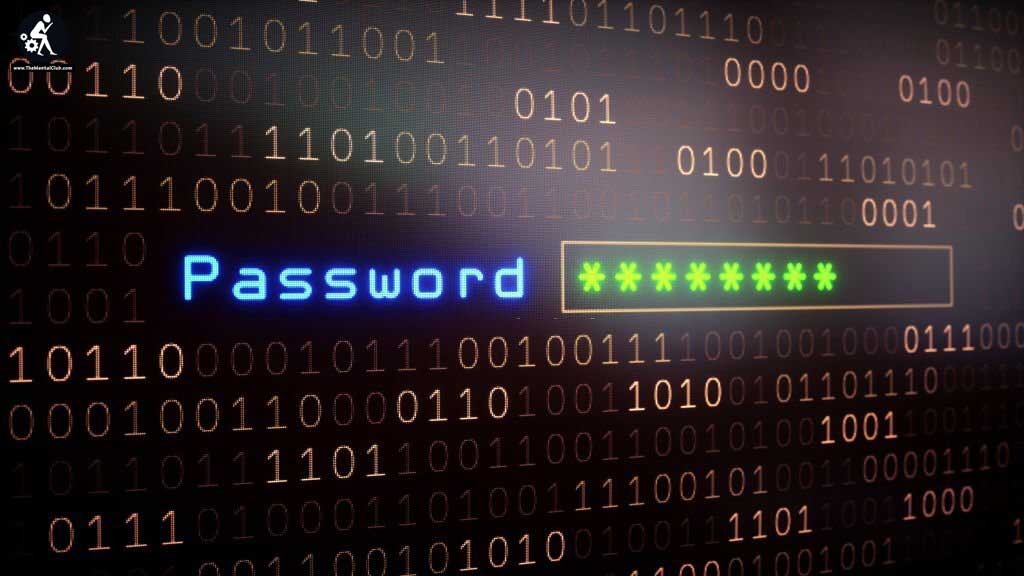When you think of internet scammers, you usually think of high-profile hacks or suspicious emails from a Nigerian prince. However, recent research reveals Real Comments that we may be careless with our personal information and willingly give it away.

According to a survey by fraud prevention agency Cifas and digital experts, Forensic Pathways, about a third of fraud victims make their personal information openly available on the internet.
The Telegraph submitted the names of 11 staff employees to fraud specialists at Barclays to demonstrate how much personal information people post on social media and how easy it is to find additional identifiable details online. They combed through their targets’ web profiles for as much information as they could.
The specialists were able to obtain information on one target, including a complete address and date of birth, which might be terrible in the hands of fraudsters. By publishing a photo of a newborn baby, another target accidentally disclosed the name and birth date of a family member.

“With identity fraud reaching record levels in recent years, more personal information available online, and rising amounts of data breaches, personal data security must be considered a community duty,” Sandra Peaston, director of insight at Cifas, said.
Everyone should play a role, from social media sites assuming more responsibility for security settings to businesses putting personal data protection first.”
What information is the most beneficial/prominent for the scammers?
Consider the last time you contacted your bank or called the vendor. The call operators’ security questions normally focus on your name, address, and birthdate. All of these details and information about you can easily be searched and found on the Internet within a few steps and a small-time.

According to the study & research, most people share their birthdays on digital social networks, either by sharing it publicly on the particular day of the event or by updating their professional profiles on social channels, such as LinkedIn.
One of our targets did not put his birth year details on social media channels like LinkedIn and Facebook but utilized numerals from his birth year in his Instagram username, allowing fraudsters to put together his date of birth.
Home addresses can also be found online, using directory services like 192.com or the public registration Companies House. Although these services cannot guarantee that the address belongs to you, scammers might verify it by checking your available list of friends on Facebook for other individuals who live at the address.
Directors of enterprises are especially vulnerable to scams. Through Companies House, Barclays’ researchers were able to locate a home address as well as the month and the year of birth for one of our targets.

Other publicly available data on the internet may provide a hint to your password or the solution to your security questions. You must answer at least once some common security questions on the internet with the maiden name of your mother? She’ll very certainly have posted this on her Facebook page. Mr. Winters also believes that it’s all super straightforward to lose sight of the importance/significance of what you’re expressing online via your social media networks, like Facebook and Instagram.
Although fraudsters are unlikely to look for you individually, the study warns that the proliferation of screen-scraping technologies has made it simpler for fraudsters to access public information about a large number of individuals.
A recent example is the Cambridge Analytica affair, in which the company was able to get access to a user’s friends list by hacking a Facebook game.
What can scammers do with your information?
Once a scammer gets your basic personal information, they can use it to deceive you into giving them further information that would allow them to gain access to your funds. They might call you acting as bank employees if they can obtain a phone number. After the bank’s latest data hack, this happened to thousands of TSB customers.

Can you really protect yourself?
It’s tough to completely protect yourself unless you delete all of your social media accounts and become a digital recluse. Mr. Winters, on the other hand, stated that simply being aware of the potential implications of your posts would be beneficial.
Customize your social network privacy settings so that only your friends can see what you post.
Be aware of who you interact with online, particularly on professional networking platforms like LinkedIn.
Consider what you say about your (or your friends’) kids on their birthdays.
Be careful of the incomplete information you provide on social media since scammers can put it together.
Perform a “spring cleaning” of previous social media postings, deleting anything that appears to be suspicious.




























